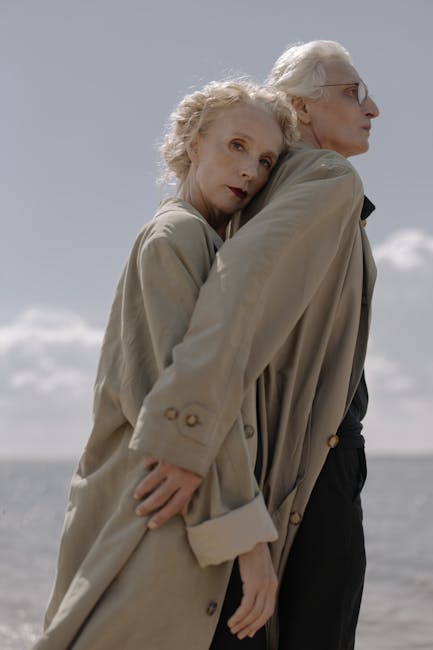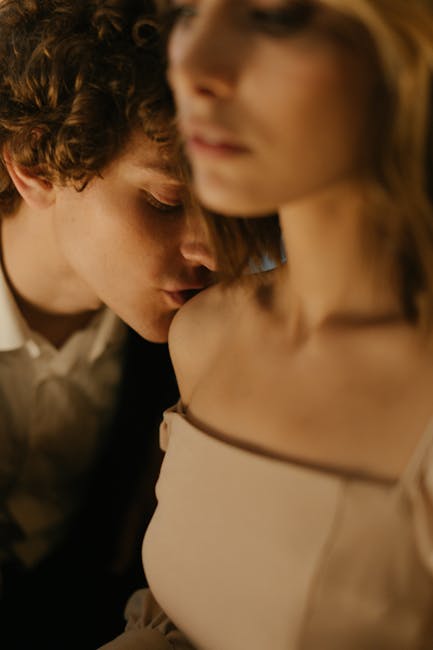Coming of Age in 1930s Texas: Forbidden Romance and Innocence Lost Going All the Way By Liz Smith In 1939, my birthplace in Texas wasn’t the metropolis complex that it is today—a huge hub for international travel with museums, art galleries, fashion, insurance, oil, and the cattle “bidness” at the center of it. Back in the 1930s, Fort Worth was still a small town, complete with streetcars and a uniformed cop on every other corner. The country had begun emerging inch by inch from the Great Depression that had crushed America after the stock market crashed in 1929. Even insular Texans were beginning to be aware that this was a dangerous world and a bunch of thugs called the Nazis were about to march into Poland and throw the world into chaos. I even recall some months later, my high school class experienced our French teacher, weeping that the Germans had paraded down the Champs-Elysées in Paris. We cried with her, for Paris was a city of our dreams where American talents such as F. Scott Fitzgerald, Ernest Hemingway, and Gertrude Stein abounded and impressionist art reigned supreme. We knew about Paris—it was where women danced bare-breasted in the Follies Bergère. On the other hand, life in Fort Worth was provincial and insular, full of misplaced western pride and obsessions with football. Racism and southern paternalism still beset the great state of Texas (Lyndon Johnson’s civil rights advances lay far in the future) . . . A demagogue Catholic priest, Father Coughlin, was forever on the radio preaching hatred. (There was no such thing as being politically correct.) We didn’t listen; we preferred Walter Winchell, Jack Benny, and “The First Nighter” hurrying to his seat in the little radio theater off Times Square. . . . …and then things took a turn









